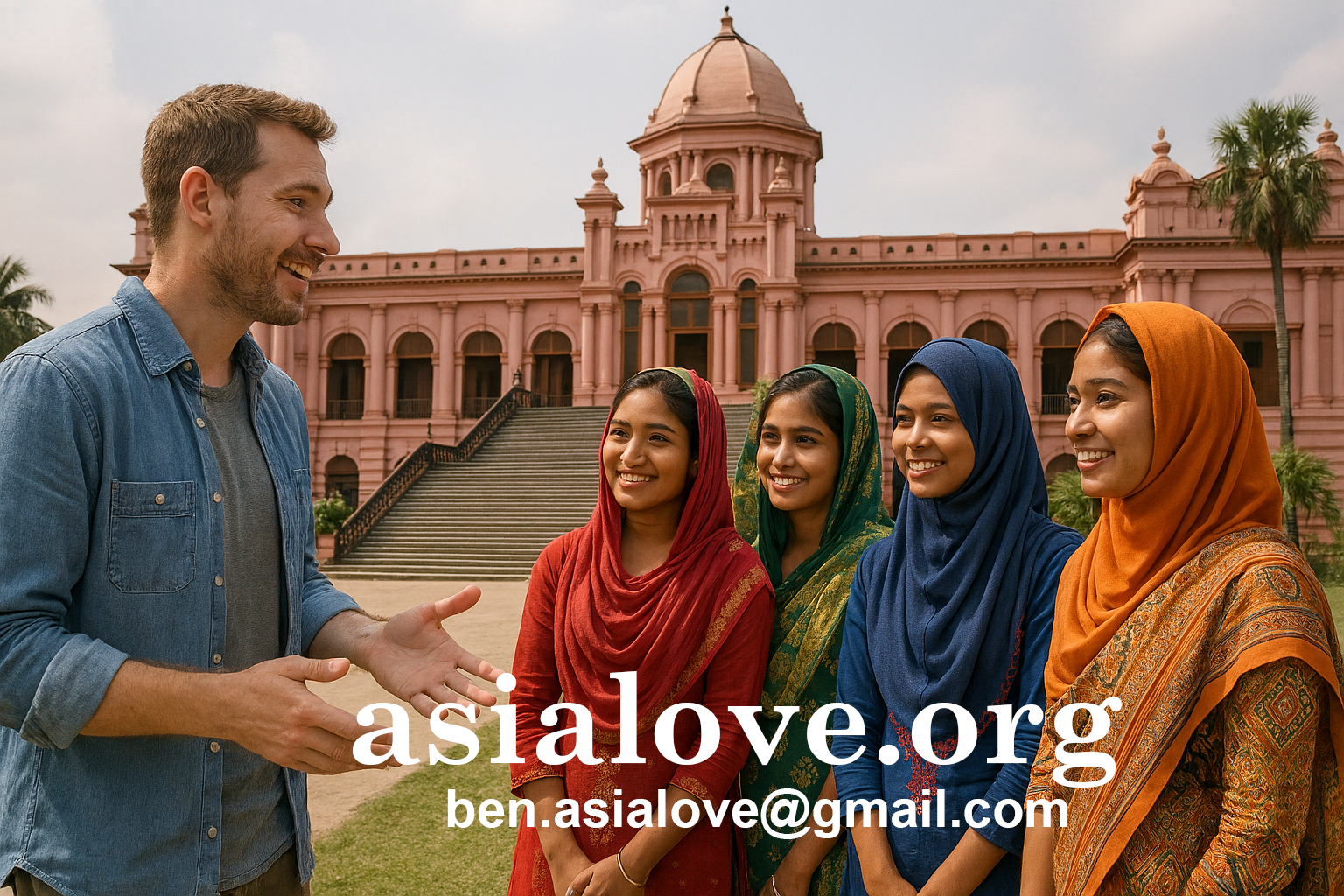Bangladesh – Sexual Conduct Law & Punishments
Statutory framework, sharia influences in personal law, court rulings on extrajudicial punishments
Legal Framework
Bangladesh applies a combination of statutory law under the Penal Code, 1860, the Women and Children Repression Prevention Act, and, in limited personal law matters, interpretations of Sharia for Muslims. While Bangladesh is a secular republic constitutionally, family law for Muslims is based on Hanafi jurisprudence, and Hudood-type punishments are not formally part of the criminal code.
Stoning (rajm) is not codified in Bangladeshi law; however, isolated cases of “fatwa-based” extrajudicial punishments, including public whipping and, in rare rural incidents, mob violence, have been reported. The Supreme Court has ruled such punishments unconstitutional, and perpetrators can be prosecuted under assault or homicide provisions.
Relevant Statutory Provisions
- Penal Code §375–376: Defines rape and prescribes penalties up to death for aggravated cases. Marital rape is not criminalized unless the wife is under 13.
- Penal Code §377: “Unnatural offences” criminalize certain consensual acts; punishable by up to life imprisonment.
- Women and Children Repression Prevention Act (2000): Adds harsher penalties for sexual assault, trafficking, and exploitation.
- Dowry Prohibition Act: Criminalizes giving or receiving dowry; often linked to marriage negotiations.
Sharia and Community Enforcement
In rural areas, shalish (village arbitration councils) sometimes issue rulings on sexual conduct, especially adultery. Though legally void, such rulings have occasionally led to vigilante punishments. In 2011, the High Court banned the enforcement of fatwas that impose physical punishment, declaring them contrary to fundamental rights.
“Any fatwa that imposes physical punishment is illegal and without lawful authority.” — High Court Division, 2011
Punishments in Practice
- Adultery: No explicit criminal offence; can be grounds for divorce under personal law. Social repercussions are severe.
- Premarital sex: Not criminal per se, but can be prosecuted under other morality or coercion provisions if a complaint is made.
- Same-sex acts: Criminal under §377; enforcement inconsistent but possible.
- Extrajudicial punishments: Whipping, shaming, and, in extreme illegal cases, mob lynching — subject to prosecution when reported.
International and Domestic Criticism
Human rights groups have documented incidents where local authorities failed to prevent community-imposed corporal punishments. The government has periodically issued orders to law enforcement to protect victims and prosecute perpetrators of such vigilante acts.
References (APA)
Bangladesh Penal Code, 1860.
Women and Children Repression Prevention Act, 2000.
Bangladesh High Court Division. (2011). Judgment declaring fatwa-imposed corporal punishments illegal.
Amnesty International. (2011). Bangladesh: Supreme Court bans corporal punishment under fatwa.
Human Rights Watch. (2012). “I Want to Live with My Head Held High”: Abuses in Bangladesh’s Legal System.
The Daily Star. (2023). HC upholds ban on extrajudicial punishments.
